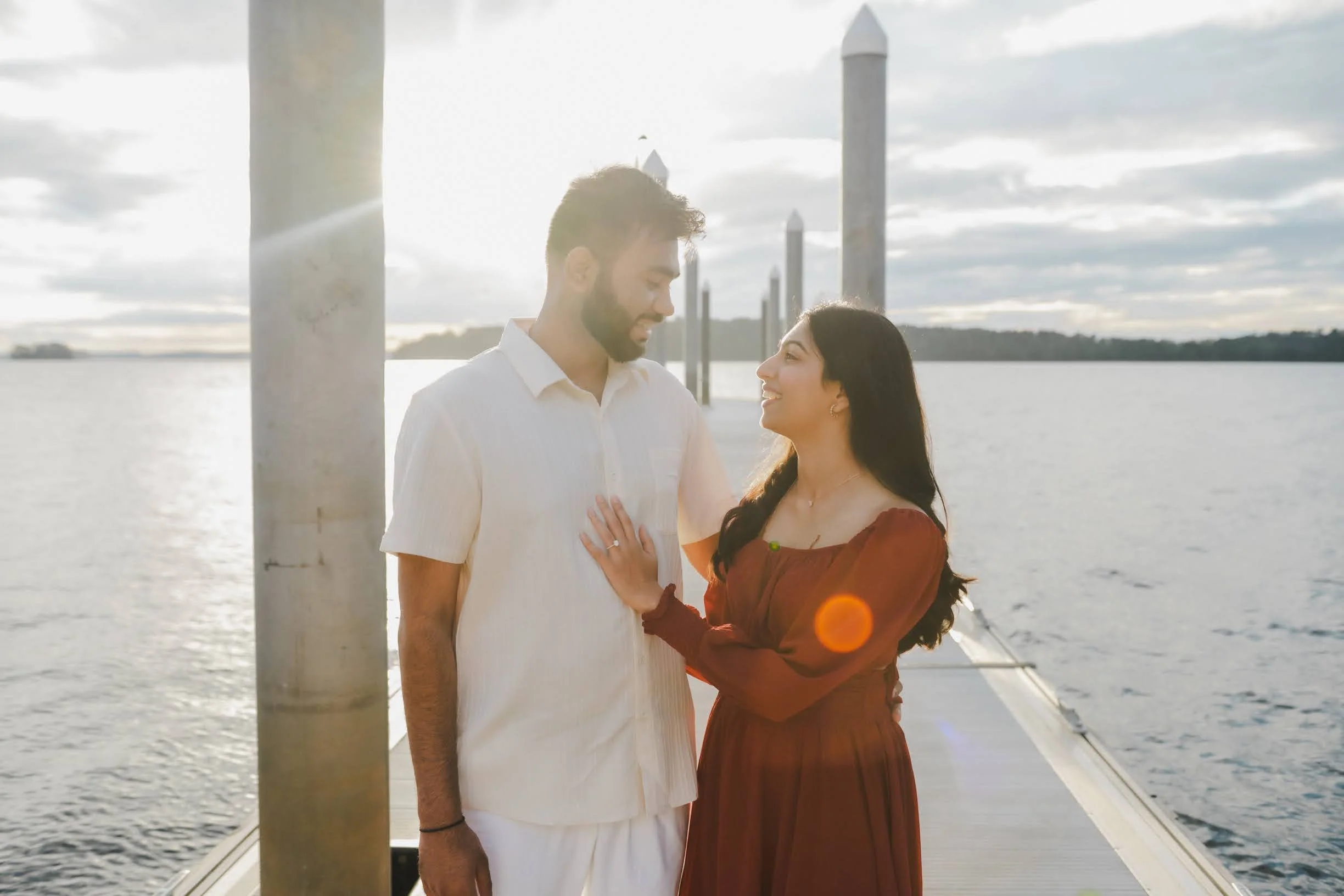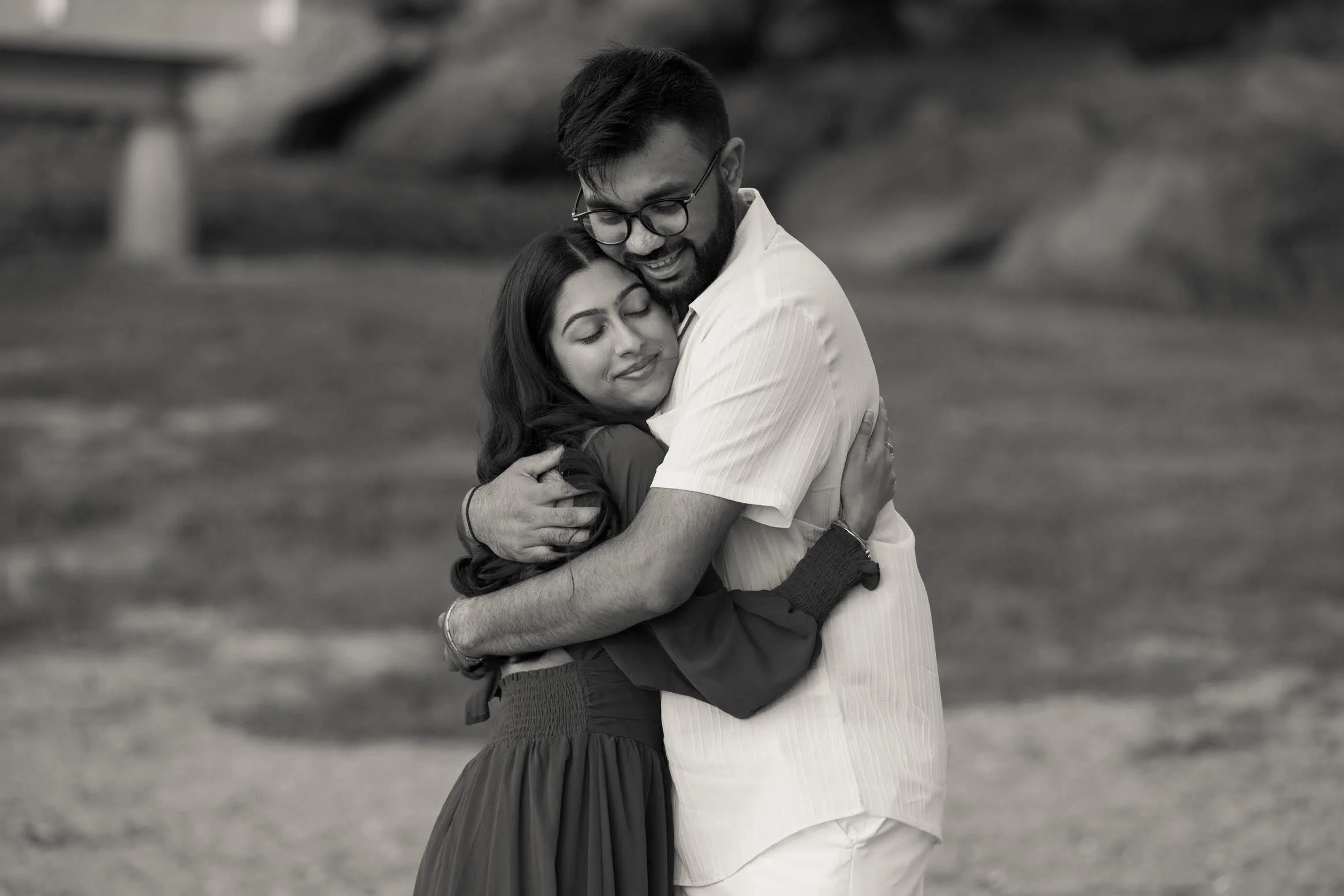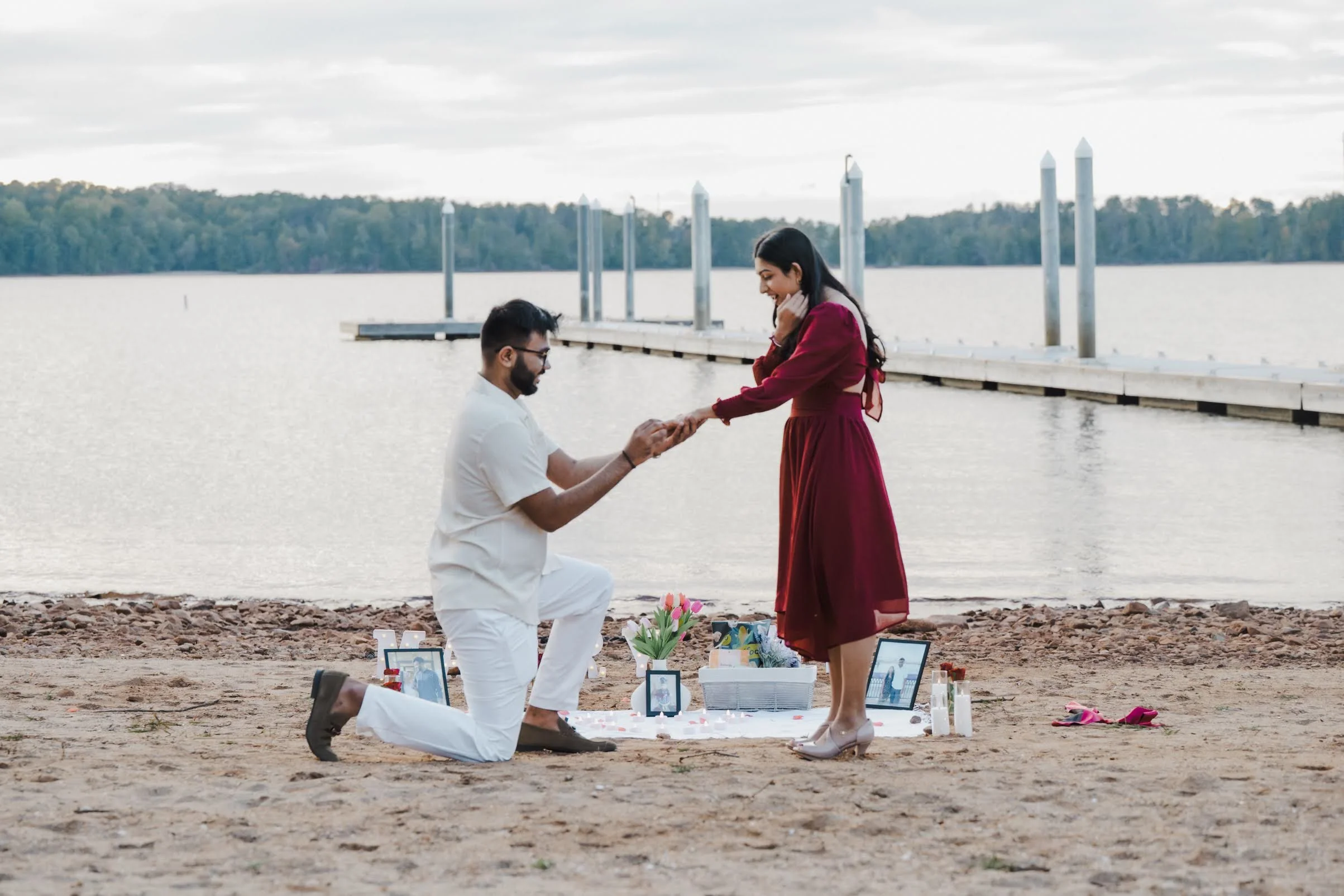10 Things to know and do after you get engaged
So, your other half just popped the question. Now, there are celebrations to be organized, dresses to order, people to call, invitations to design, and you’re not really sure where to start.
That’s fair; you’ve never planned a wedding before, and it’s all so overwhelming!
That’s where I come in, though. As your resident wedding expert, it’s my job to know all the things, not just take all the photos. So come, grab a cup of something warm and sit down with me. We’re gonna navigate all of this together. Here’s everything you and your partner need to know or do right after you get engaged.
1. Celebrate, obviously!
This is a huge moment and a hugely happy one! Pop some champagne, or sparkling cider, hug each other, go out to dinner, whatever floats your boat. Take a few days for yourself and soak it up together. The whole world doesn’t need to know right away! But when you’re ready for the world to know, go get you some engagement photos!
2. Start a Pinterest board.
Yes, yes, yes, you’ve heard it a thousand times; planning a wedding — or even an elopement — is a big deal. And in order to plan your special day, you’re gonna need to nail down the vibes. When you envision your dream ceremony, what does it look like? Start with location, picture what bouquet you’re holding, the kind of dress you’re wearing, all that good stuff. Then find inspiration on Pinterest that matches your vision, and save ALL of it. You can always go through the delete the ideas that just don’t make the cut. If you need some Pinterest inspo, check out my boards and give me a follow ;)
3. Budgets... at least general percentages.
Some couples may have money set aside for a massive wedding. You might be getting help from family members, or you may be on a tighter budget and paying out of pocket. There’s no right answer, but just make sure you know your numbers so you can stay in the margins. Have a general idea of how much you’re willing to spend overall, and then break it down for how much you’re willing to spend on food, flowers, venue, etc. If it helps and you’re having family help to pay for it, traditionally (and within heteronormativity), the bride and their family covers most wedding expenses, including the venue, catering, decorations, and the bride's attire; while the grooms family covers all costs associated with the rehearsal dinner and honeymoon, wedding day transportation, and the officiant. This does not mean that you HAVE to do it this way, but if you have more traditional parents, this may be what they’re already anticipating.
According to The Knot, when it comes to percentages, start by designating around 7% of your budget to attire, which includes the wedding dress or suit, shoes, and accessories. The largest portion, approximately 50%, should go to your reception venue and catering; for example, with a $20,000 budget, you might allocate $10,000 to this category. Other key areas include 10% for photography and videography, 8%–10% for flowers and décor, 8%–10% for entertainment or music, 2%–3% for stationery, and 2%–3% for transportation. Ceremony costs and wedding rings typically take up 3%–5% each. Be sure to set aside 5% for a contingency fund to cover unexpected expenses, and if you’re self-funding your honeymoon, factor that into your overall budget planning.
4. How to choose a photographer
Once you narrow down your budget and have a Pinterest board of what you want your day to look like, you can narrow down at least some choices. Look for photographers in your area in your price range who fit the kind of wedding vibe you want. Maybe you’re going for an elegant wedding, maybe it’s more traditional and in your home church. Maybe you want someone who specializes in large weddings or elopements. Familiarize yourself with that person’s portfolio and Instagram, and make sure you like what you see and what you hear about them. Next week’s blog is going to cover this much more in-depth, so don’t worry.
5. Getting a dress is not instantaneous.
Finding the right dress can take a while, as can alterations or special orders. Start looking for one as soon as you can. Look for seasonal wedding festivals near you, find bridal stores, and just cast a wide net. You never know where you’re going to find the perfect dress, and you want it to fit you just as perfectly. Leave time for alterations so this dress can really become yours, and make sure to take into account your dress budget.
6. Pick a rough date/month/season
Deciding whether you want your wedding on a weekday versus a weekend and picking which season you want to have your ceremony can help a lot of other things fall into place. Different venues are open seasonally, and there’s the question of indoors versus outdoors. Many venus are also more expensive on a weekend, which is something to take into consideration.
7. Vendor order
Many couples don’t know this, but there is some type of order when it comes to choosing your vendors. Choose the ones that get booked fastest first, and go in order of importance. Hire a planner first — if you’re going to have one — if not, the venue first so you can have your date and location confirmed. After that, photo/video, food and drink/catering (if its super important to you), then florals, hair and makeup, linens, chairs, etc.
8. The benefits of a planner or coordinator
A professional that’s dedicated to assisting you throughout your day can really be a big help and stress reliever, especially for larger weddings. When you have wedding parties of bridesmaids and groomsmen upwards of four or five, it can become difficult to keep track of everyone on the ceremony day. Plus, a coordinator is someone who can help wrangle relatives. They’re there for everything, from helping you pick out the perfect vendors for the big day to getting you down the aisle!
9. General wedding timelines
Once you know your venue and your budget, you’ll probably have a time estimate for how long you have the venue for. Start thinking about what time you want the ceremony to start, and work backward from there to know when you need makeup artists to arrive and help you start getting ready, etc. If you want to see more information on timelines, check out this post: How to Plan a Wedding Day Timeline: A Photographer's POV
10. Guest lists
These can be tricky, and a lot of times, it comes back to budgets. Your venue will allow you a certain number for a certain price, and you can narrow down who you need at the ceremony from there. Think about who is really special to both you and your partner, and who’s made a difference in your life.
Surprise extra tip: insure your ring!
In case, *knocks on wood, throws salt over shoulder* anything should happen to your beautiful engagement ring, make sure it’s ensured. Talk to your jeweler or your insurance about this, it can make a huge difference.









